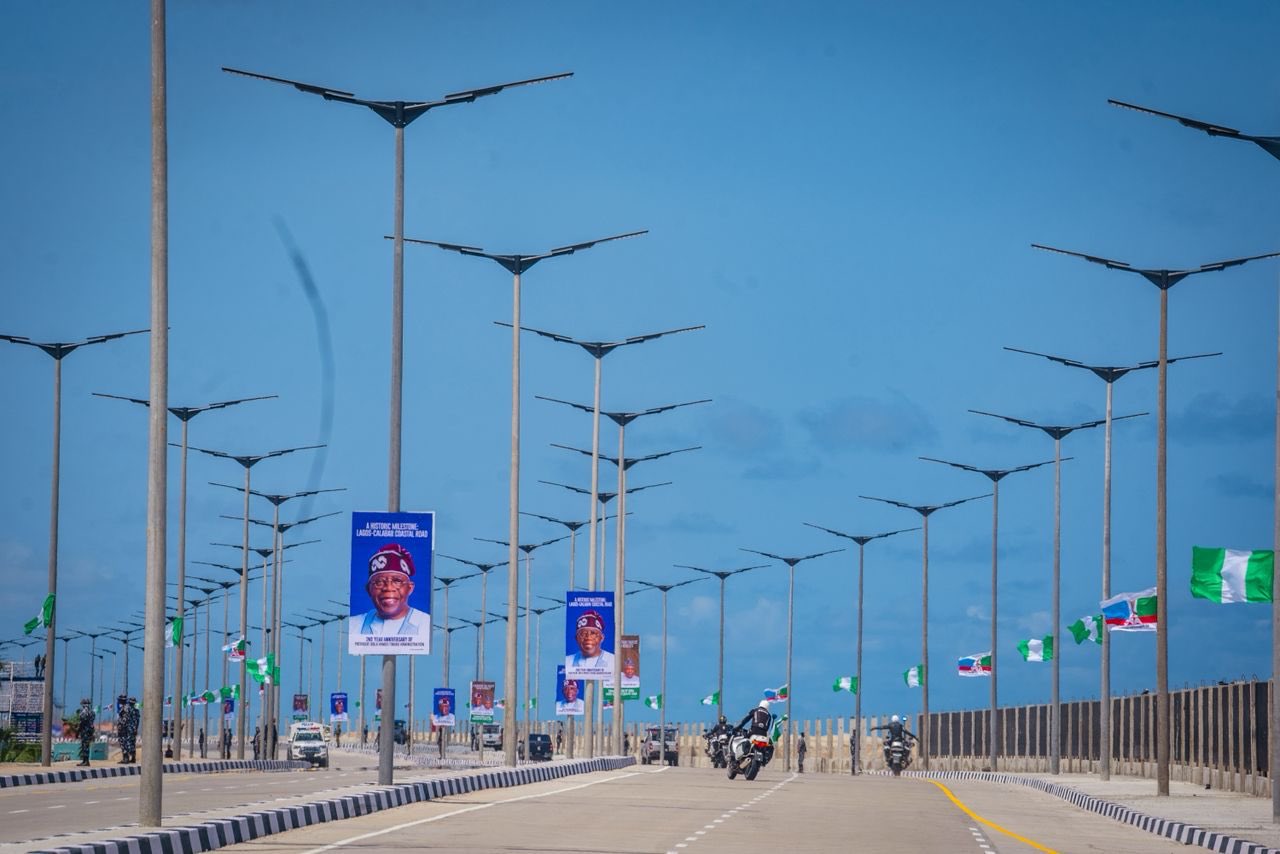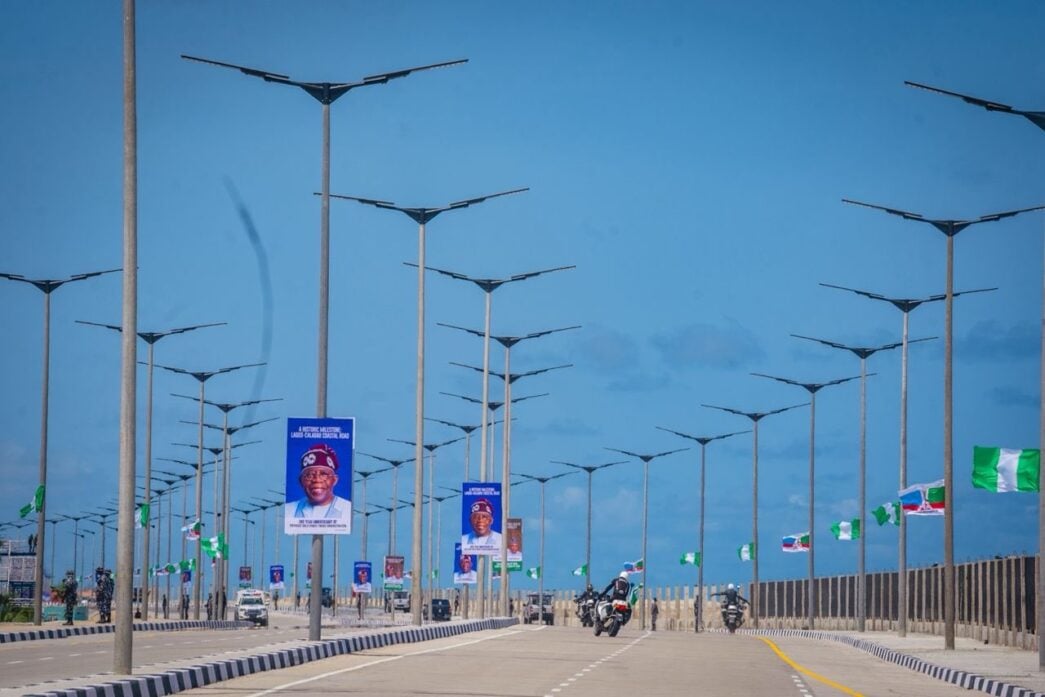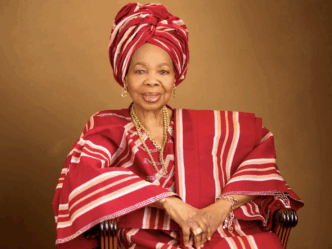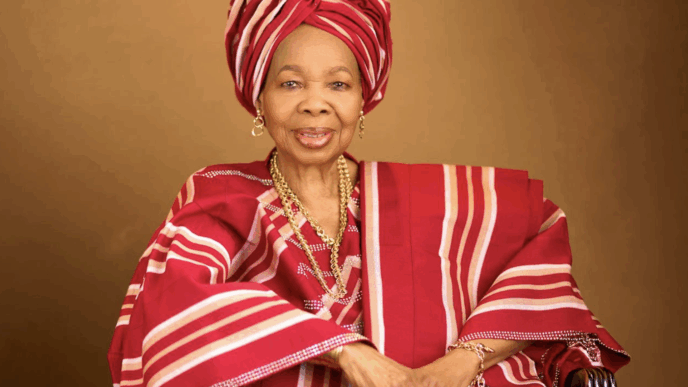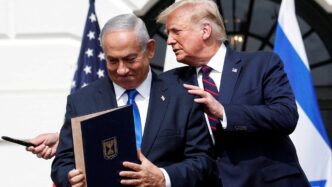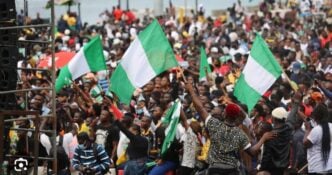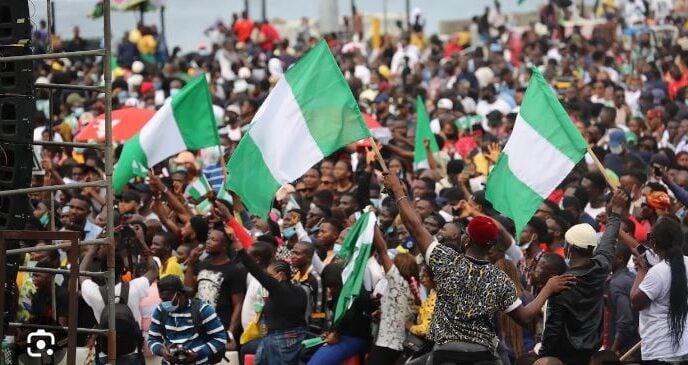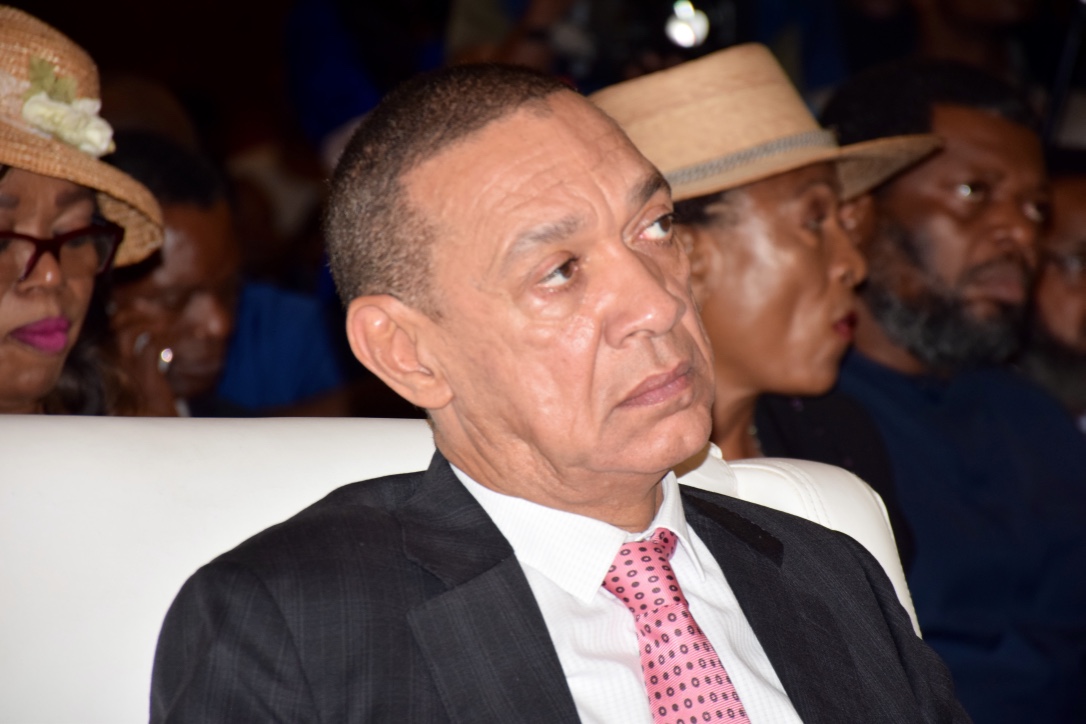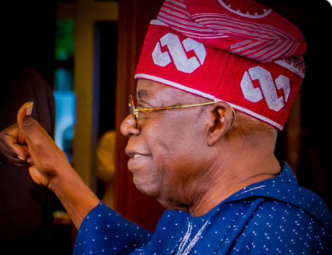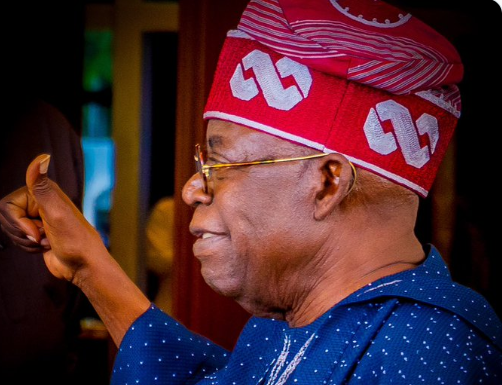Lagos-Calabar coastal highway
In governance, there is an enduring truth: government is a continuum. Nations that understand this principle build bridges that outlive administrations, highways that connect generations, and infrastructures that tell the story of foresight, not political expediency or the fantasy of the political elite, which is almost always not in sync with the yearning and aspirations of the masses. Sadly, Nigeria often strays from this wisdom.
Time and again, we have watched promising projects—some of which are game-changers in our national development trajectory—fall victim to political discontinuity. The unwritten rule seems to be that what one government begins, the next, out of rivalry or ego, abandons. The result? Half-completed structures that stand as monuments to waste and citizens left stranded in the “waiting room” of progress. Meanwhile, the masses are the ones paying heavily for these failures of the political elite.
We need not look far for examples. The Ajaokuta Steel Complex, once envisioned to be the bedrock of Nigeria’s, nay Africa’s industrialization, has for decades been trapped in cycles of neglect and politicization. That has rendered it chronically uncompleted. The Mambilla Hydroelectric Power Project, which could have addressed a significant portion of our power deficit, has also been caught in the same web. We have the East-West road too, which has been an emblem of a nation without a direction for national development. In those cases, administrations changed, priorities shifted, and the people paid the price. The Ibadan-Oyo-Igbomoso-Ilorin , Kabba-Egbe-Ilorin, and Onitsha-Owerri-Portharcourt roads, just to mention but a few, signpost this national malaise. At the state level, the story is not so different. In his second term, a former governor of Ekiti State, Kayode Fayemi of the All Progressives Congress (APC), started the reconstruction of the Ado-Iworoko-Ifaki road, but couldn’t complete it before his tenure ended. He was succeeded by one of his predecessors, Ayo Fayose of the People’s Democratic Party (PDP). Fayose abandoned the project, refusing to fund it. He claimed that the money already paid to the contractor was more than enough to complete the job. He, instead, suggested that the contractor should not only return to the site and complete the project but should also refund part of the money he received on account of “over-invoicing” (contract inflation). Similar cases abound in states across the federation.
But it has not been all doom and gloom, as we’ve had some instances where an administration completed projects conceived and started by the one preceding it. The Abuja-Kaduna rail line project was conceived by the Olusegun Obasanjo administration, started by Goodluck Jonathan, and completed and commissioned by the Buhari administration. The same thing happened in the case of the 2nd Niger Bridge in Asaba/Onitsha. The idea had been mooted under the PDP, but the APC under Buhari’s presidency completed and commissioned it. That was a radical departure from the practice, as witnessed in the past.
Advertisement
Today, President Bola Ahmed Tinubu’s administration has embarked on audacious infrastructural initiatives—the Lagos-Calabar Coastal Highway, the Sokoto-Badagry Superhighway, and other signature projects. These, if completed, have the potential to transform commerce, tourism, and national connectivity. But here lies the danger: what happens if Tinubu cannot complete them before his tenure ends, in 2027 or 2031? Will they too become relics of “abandoned dreams” in the Nigerian landscape?
This is where and why Nigeria needs a paradigm shift. Infrastructure must not be a partisan trophy. It should not wear the badge of PDP, APC, Labour Party, or any political affiliation. A highway does not ask the driver for his party card. A bridge does not query the pedestrian about his or her political leaning. A power plant does not supply electricity based on whom you voted for. A bad road does not ask the shock absorber of a vehicle the party affiliation of its owner before causing damage to it. Development, by its very essence, is party blind. It must therefore be viewed through a bipartisan lens.
What Nigeria desperately requires is a national consensus on infrastructural development. Just as countries like China, the USA, the UK, and Singapore have long-term development plans (or national interests) that transcend political cycles, Nigeria must entrench a system where major projects are considered national assets—not political bargaining chips.
Advertisement
History provides sobering lessons. In the United States, for instance, the Interstate Highway System, initiated under President Eisenhower in the 1950s, was not completed in his lifetime or presidency. Yet, subsequent administrations, Republican and Democrat alike, carried it forward because they understood it was a national necessity. Today, that network remains the backbone of America’s economy. Why can’t Nigeria adopt the same ethos?
The National Assembly, policy think tanks, and civil society must play their role in institutionalizing this principle. Once a project is vetted and declared of strategic national importance, it should be shielded from political reversal. Continuity should be law, not luck. It is, therefore, incumbent on the political elite to, from time to time, convene a bipartisan economic and infrastructural development summit where such a national consensus would be built, based on agreement on how strategic a particular project is to national development, with a timeline set for its completion. By so doing, whoever finds himself at the helm of affairs would know that he must not deviate from the national goals and objectives set, based on such consensus.
Ultimately, the true measure of leadership is not in starting projects for the glory of ribbon-cutting ceremonies but in ensuring that visions are carried through to completion. Nigeria’s masses deserve better than perpetual abandonment. They deserve roads that connect, power that works, and infrastructure that endures. The audacity of the initiative of the Tinubu administration, as shown in the Lagos-Calabar coastal highway and the Sokoto-Badagry Super Highway, must not be allowed to die on the altar of politics-induced discontinuity.
If we are to break the vicious cycle of waste amidst scarcity, the time has come for us to build consensus around development—consensus that is blind to party and loyal only to national progress. There must be a handshake between politicians across political divides for there to be continuity in the driving of a long-term development agenda for the overall benefit of the people of this great country.
Advertisement
Abubakar writes from Ilorin, Kwara State. He can be reached via 08051388285 or [email protected].
Views expressed by contributors are strictly personal and not of TheCable.

